Pharmacist Ngo Thi Ngoc Trung, University of Medicine and Pharmacy Hospital, Ho Chi Minh City - Campus 3 said that in natural disasters such as floods and storms, having basic medicines ready is extremely important to help prevent and promptly treat common diseases.
Below is a list of basic medicines you need to have, along with instructions for use and warnings so you can better protect your health during storms.
Pain reliever, fever reducer (Paracetamol)
Uses: Pain relief, fever reduction in cases of high fever, headache, muscle pain due to weather changes.
Dosage: Adults: 500-1,000 mg every 4-6 hours, not to exceed 4 g/day. Children: Use according to instructions on the package or consult a doctor.
Warning: Avoid overdose, especially in people with a history of liver disease.
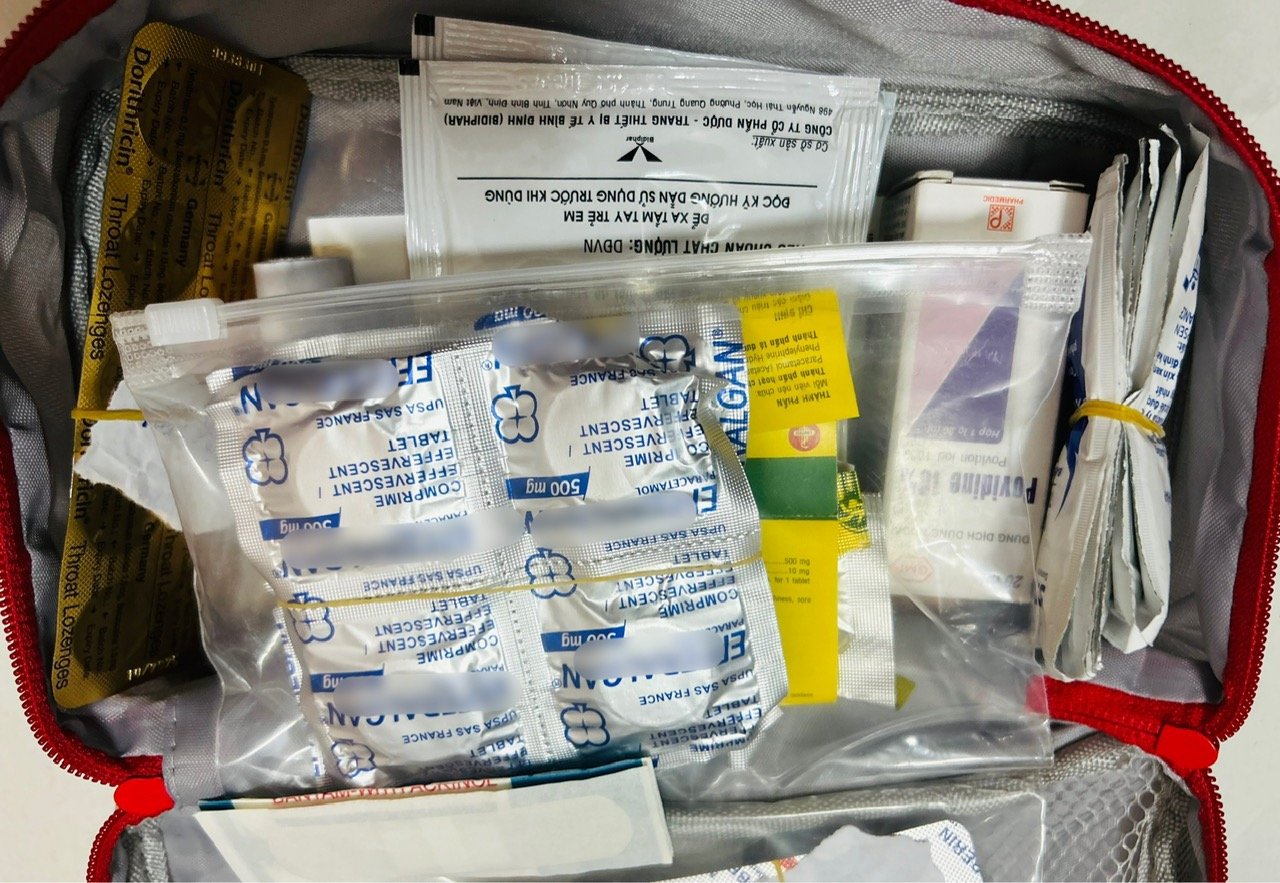
Having basic medicines in your home medicine bag is very useful during times of isolation due to floods and rains.
Antidiarrheal (Diosmectite)
Uses: Reduces diarrhea symptoms, absorbs gas in the intestines, restores the permeability of the digestive tract mucosa to normal.
Dosage: Adults: 3 packets x 3 g/day for 7 days. Children over 2 years old: 4 packets x 3 g/day for the first 3 days. Then 2 packets x 3 g/day for the next 4 days.
Warning: Do not use in case of diarrhea due to infection or blood in stool, need to treat thoroughly with antibiotics if caused by bacteria.
Antihistamines (Loratadine or Cetirizine)
Uses: Reduces allergic symptoms such as itching, rash, hives caused by humid environment and dirty water.
Dosage: Loratadine: 10 mg/day. Cetirizine: 5-10 mg/day depending on the severity of the allergy.
Warning: Do not use in children under 2 years of age without medical advice.
Oral rehydration solution (ORS)
Uses: Replenishes water and electrolytes for the body when dehydrated due to diarrhea, vomiting or high fever.
How to use: Mix 1 packet of ORS with clean water (depending on the content on the package), drink in small sips after each bowel movement or vomiting.
Warning: Use the diluted solution within 24 hours, then prepare a new one if necessary. Do not mix with mineral water as it will increase the electrolyte ratio.
Topical antiseptics (Betadine, Povidone-Iodine)
Uses: Disinfects skin wounds, cuts, and scratches to prevent infection.
Directions: Apply directly to the affected skin after cleaning.
Warning: Do not apply to large areas or wounds without medical advice.
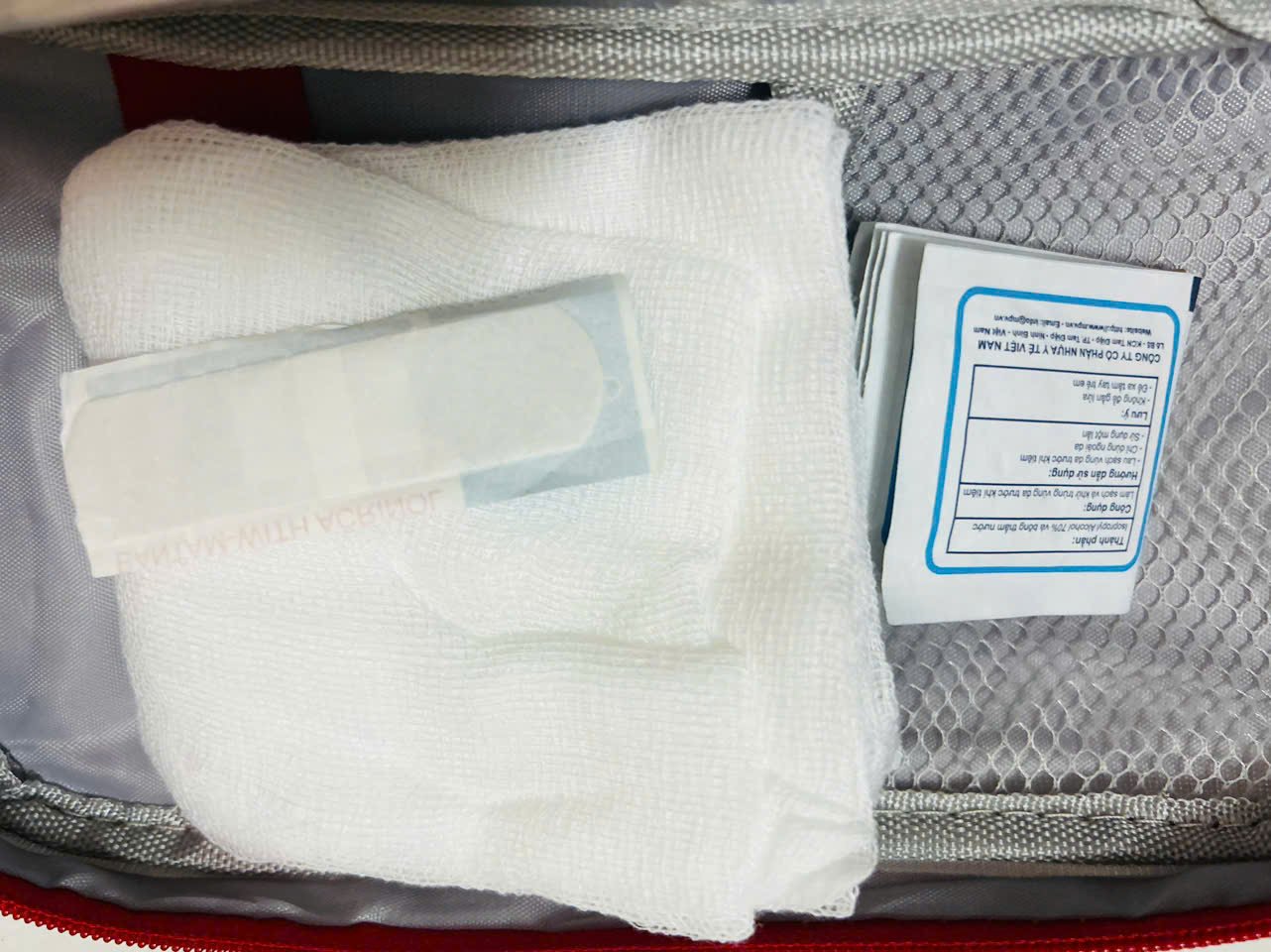
Bandages and adhesive bandages help cover small wounds.
Mosquito repellent, insect repellent (DEET or Picaridin)
Uses: Prevents mosquito bites, especially mosquitoes carrying viruses that cause malaria, dengue fever, and other infectious diseases.
How to use: Apply evenly on skin before going out, avoid applying on eyes and mouth area.
Warning: Avoid use on children under 2 months of age. For young children, apply to adult's hand only and then apply to the child's skin.
Cough and cold medicine (Chlorpheniramine, Acetylcysteine)
Uses: Reduces cough and cold symptoms such as runny nose and sore throat.
Dosage: Adults use according to the dose indicated on the package. Children consult a doctor for appropriate dosage.
Warning: Do not use if you have high blood pressure or heart disease without consulting a doctor.
Silver bandage, personal bandage, wind oil, physiological saline...
In addition, according to medical experts, some necessary medical tools such as: bandages, adhesive tape to cover small wounds, essential oils for external use when colds, stomachaches, 0.9% saline for eye and nose drops, 10% povidone iodine for external use as an antiseptic...
Notes when using medicine
Pharmacist Ngoc Trung shares some notes when using a medicine cabinet at home:
Medicine storage : Keep medicine in a cool, dry place and away from direct sunlight. In particular, check the expiry date of the medicine before use.
Doctor consultation : If there are any unusual signs or serious illness, you should immediately contact a medical facility for timely examination and treatment.
Improve personal hygiene : Keep hands, food, and drinking water clean to prevent digestive diseases and infections.
"In a flood situation, health is the most valuable asset. Hopefully, with proper preparation and knowledge, we can get through this difficult period safely," the doctor advised.
Source: https://thanhnien.vn/phong-benh-sau-mua-lu-nhung-loai-thuoc-va-vat-dung-y-te-nao-can-co-185240918140410586.htm







![[Photo] Cutting hills to make way for people to travel on route 14E that suffered landslides](https://vphoto.vietnam.vn/thumb/1200x675/vietnam/resource/IMAGE/2025/11/08/1762599969318_ndo_br_thiet-ke-chua-co-ten-2025-11-08t154639923-png.webp)


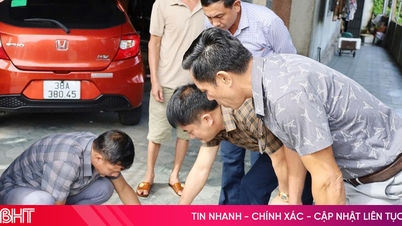


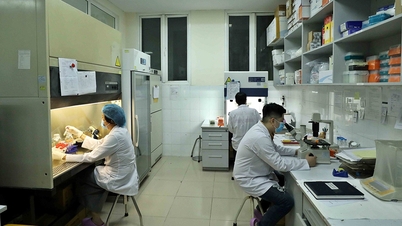
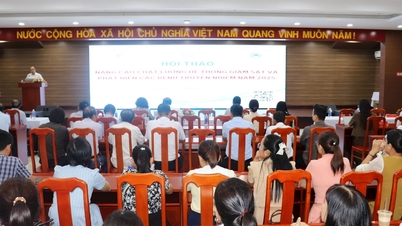



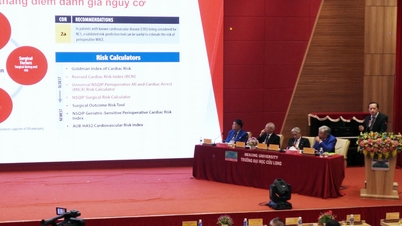


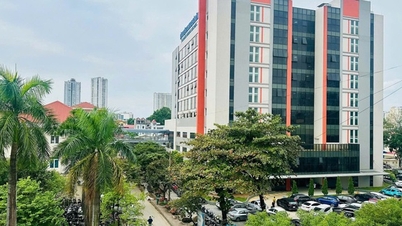








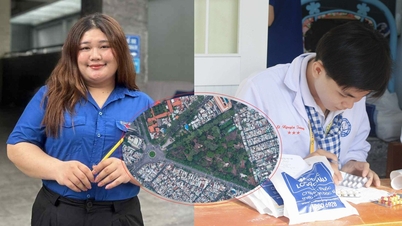




![[Photo] "Ship graveyard" on Xuan Dai Bay](https://vphoto.vietnam.vn/thumb/1200x675/vietnam/resource/IMAGE/2025/11/08/1762577162805_ndo_br_tb5-jpg.webp)







![[Video] Hue Monuments reopen to welcome visitors](https://vphoto.vietnam.vn/thumb/402x226/vietnam/resource/IMAGE/2025/11/05/1762301089171_dung01-05-43-09still013-jpg.webp)
































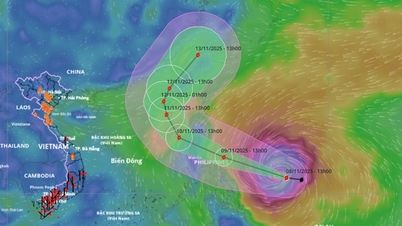















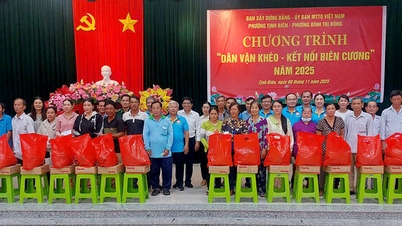



















Comment (0)